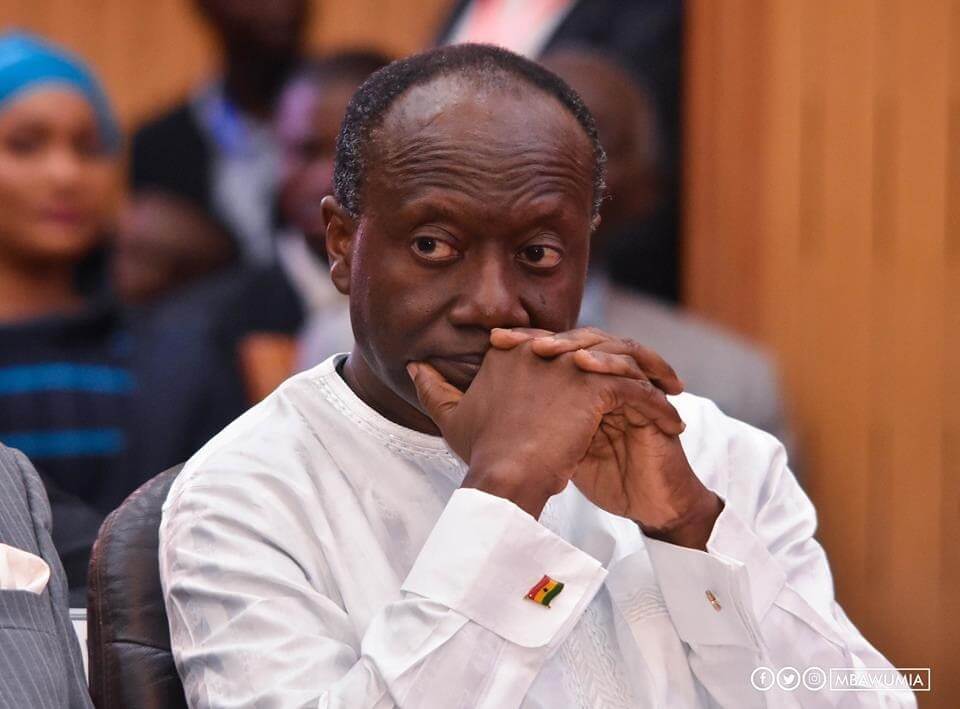Ghana Navigates Tightrope in Eurobond Debt Restructuring

Francis Kyei, Senior Market Analyst,
- Ghana, constrained by previous creditor agreements, faces critical negotiations with Eurobond holders as it seeks major cuts.
- The country aims for substantial concessions from bondholders, amidst concerns of a potential standoff similar to Zambia’s recent experience.
Ghana is embroiled in a challenging negotiation with its Eurobond holders, with a limited range of options at its disposal, a confidential source from the Ministry of Finance told GFX today. The nation is pushing for significant concessions from its largest creditors, including deep cuts on Eurobonds, to meet its debt-to-GDP ratio target of 55% by 2028.
The source revealed that Ghana’s negotiating capacity is limited, following commitments already made to domestic and bilateral creditors. These commitments entail reduced interest rates, interest payment moratoriums, and extended debt maturities.
The government, understanding the gravity of the situation, is determined to persuade bondholders to agree to substantial cuts. Failure to bridge the financial gap necessary for debt restructuring could result in the collapse of the talks.
Accra plans to present comprehensive data including fiscal space created by the restructuring of bilateral and domestic debt, along with strategies from the $3 billion IMF program aimed at boosting revenue and controlling expenditure. It’s hoped that this data will be used to construct a compelling argument for bondholder support, indicating the country’s readiness to resume debt servicing.
The process is expected to be complex and challenging. Ghana’s Eurobond creditors comprise some of the world’s largest asset managers, including Black Rock, whose assets under management surpass Africa’s total GDP. This poses a potential challenge for the Ghanaian government if these creditors assert their influence.
In an interview with GFX, Dr. Said Boakye, a Senior Research Fellow at the Institute of Fiscal Studies (IFS), expressed criticism of the government’s approach to bilateral debt restructuring. He said the strategy focuses on deferring payments while avoiding reductions in the principal amount.
“It will be suicidal for the government not to get a haircut on the principal of the commercial debt,” said Dr. Boakye. He warned that deferring payment could increase the cost of the debt if the local currency depreciates over the repayment period.
He said the government will likely face continued resistance from Eurobond holders, noting that other creditor categories have secured agreements without significant principal cuts. Ghana could encounter challenges similar to Zambia’s debt treatment comparability crisis.
“I do not see this discussion ending in the first quarter of the year,” says Dr. Boakye.
GFX Brokers is a securities trading company headquartered in Accra, Ghana. We provide wholesale market participants with prime liquidity services to assess trading availability and successfully execute Sub-Saharan African credit and African FX